20+ Sample Supplier Contracts
-
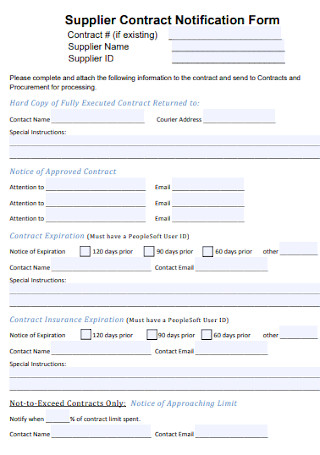
Supplier Contract Notification Form
download now -
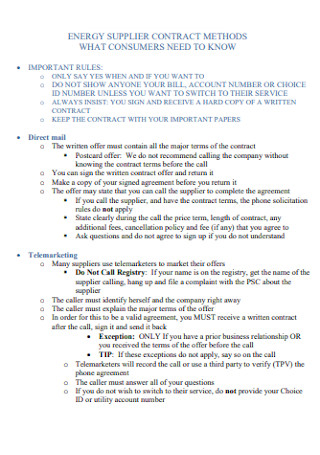
Energy Supplier Contract
download now -
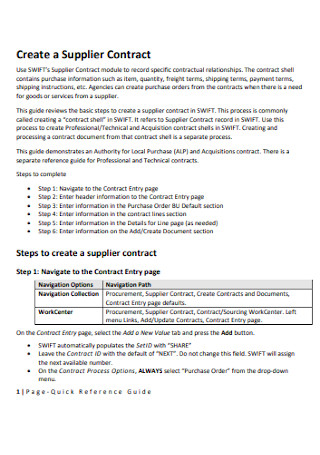
Supplier Contract Format
download now -
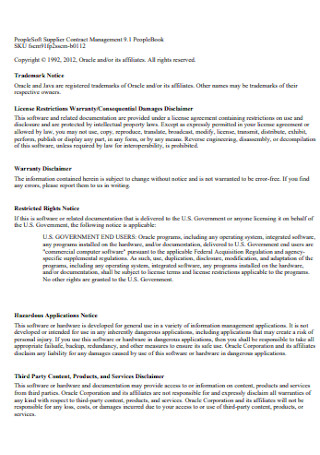
Standard Supplier Contract
download now -
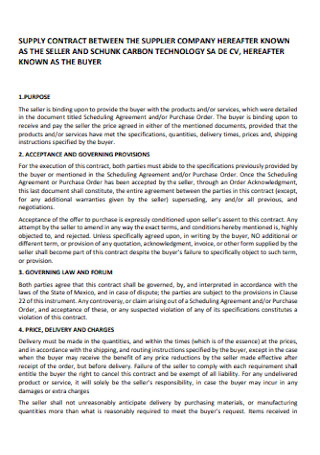
Company Supplier Contract
download now -
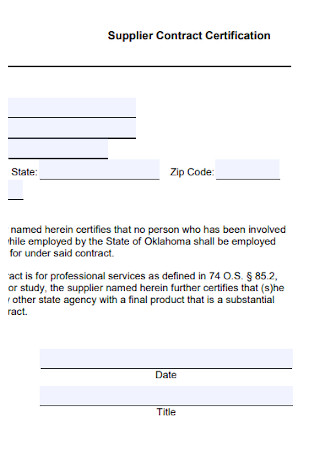
Supplier Contract Certification Template
download now -
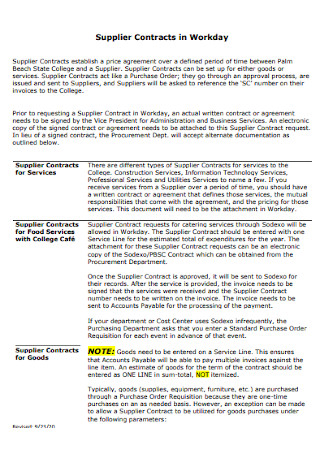
Supplier Contracts in Workday
download now -
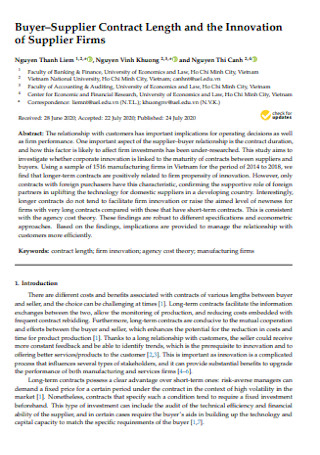
Buyer–Supplier Contract
download now -
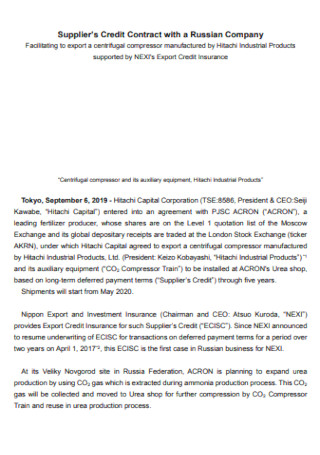
Supplier Credit Contract
download now -
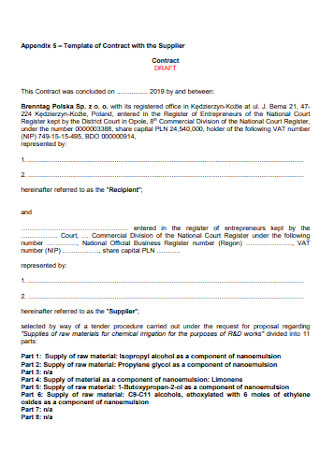
Contract with the Supplier Template
download now -
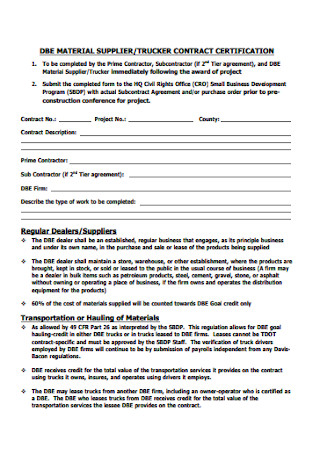
Meterial Supplier Contract
download now -
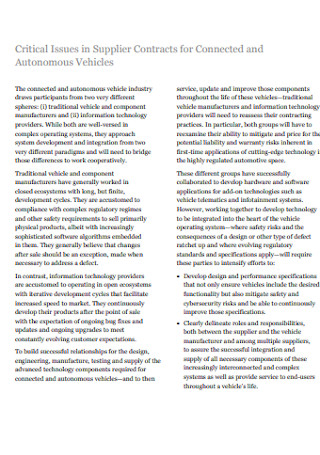
Supplier Contracts for Autonomous Vehicles
download now -
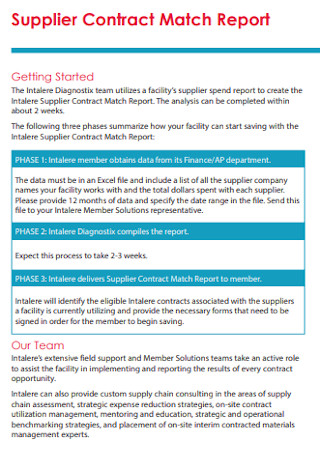
Supplier Contract Match Report
download now -
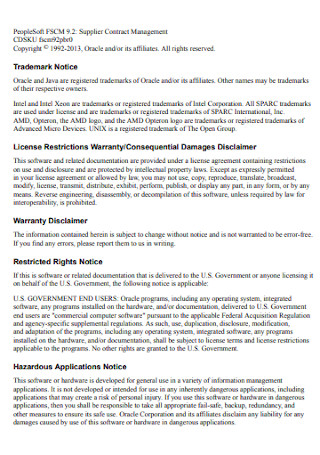
Supplier Contract Management Template
download now -
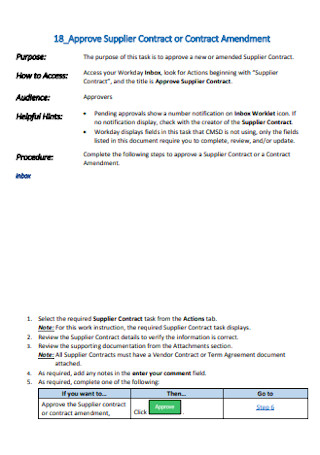
Amendment Supplier Contract
download now -
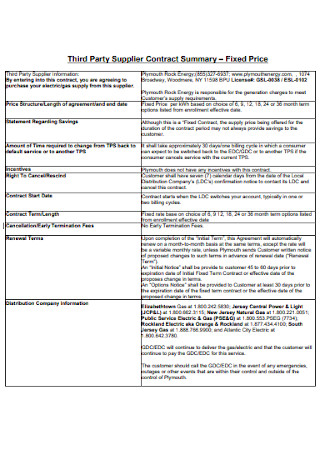
Third Party Supplier Contract
download now -
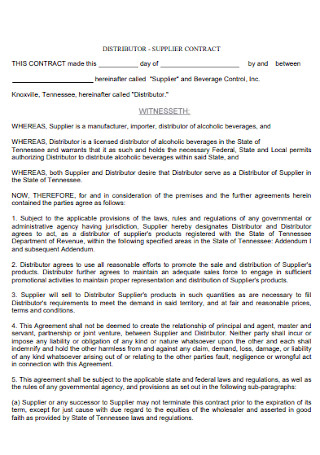
Distributor and Supplier Contract
download now -
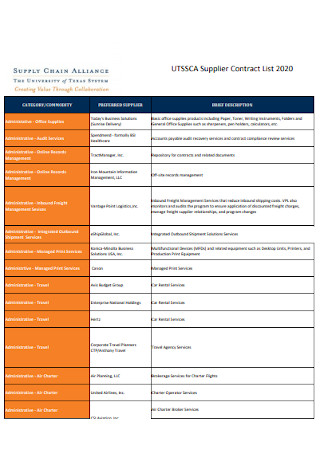
Basic Supplier Contract
download now -
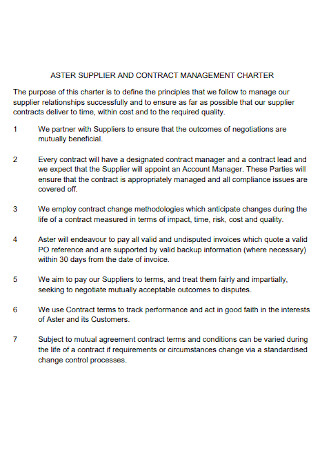
Supplier Contract Management Charter
download now -
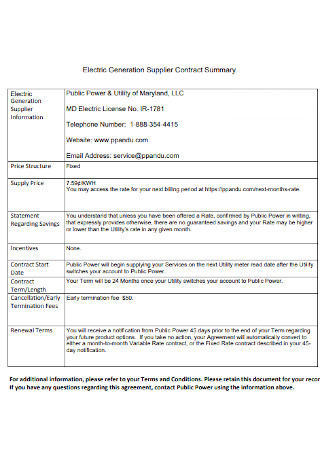
Electric Generation Supplier Contract
download now -
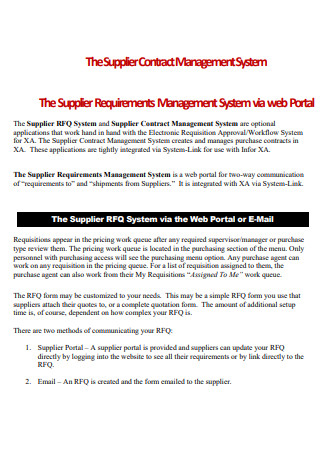
Supplier Requirements Management Contract
download now
FREE Supplier Contract s to Download
20+ Sample Supplier Contracts
What Is a Supplier Contract?
Types of Suppliers
Parts of a Supplier Contract
How to Create a Supplier Contract
FAQs
What should a supplier agreement include?
Do I need a contract with my supplier?
What are the 3 types of contracts?
What are the four requirements for a valid contract?
What Is a Supplier Contract?
A supplier contract is an official agreement between an individual or company and a supplier. The latter may also be referred to as the vendor. It is a contract that lays down the terms and conditions of a business supply transaction.
According to an online article by the Chartered Institute of Procurement and Supply, supplier management refers to the relationship between a supplier and a buyer. A healthy and working supplier relationship can have several benefits. The article enumerates four main benefits: price reduction, cost information exchange, technology and innovation exchanges, and improved or prioritized service levels.
Types of Suppliers
In the same way that there are different industries and sectors, there are several kinds of business suppliers as well. They act as providers of raw material, services, labor, and all-around support to businesses.
Parts of a Supplier Contract
A supplier contract may contain various terms depending on the nature of the business transaction. But there are several common elements that can be found in most supplier contracts. The items listed below are just some examples:
How to Create a Supplier Contract
For a supplier contract to be comprehensive, it needs to cover key areas and include essential sections. The content can be quite technical and it is much more convenient to make use of an existing template than to start from scratch. Follow the simple step-by-step guide below to customize your own supplier contract.
Step 1: Involved Parties
As previously stated, the parties involved are the supplier and the client or customer. As part of your introduction, you need to state their complete names (or the complete name of the organization), and their complete business address. Identify and assign each party as either the supplier or client. You can also indicate the date the agreement was made.
Step 2: Nature of Agreement
The next step is to describe the nature of the agreement. What is the purpose for forming a contract? Is it for an upcoming event? If it is, specify if the event is a one-time occasion or a recurring one. What is the vendor supplying? Maybe it is raw materials, labor, goods, and other commercial services. Before proceeding to the contract’s stipulations, always make sure that your agreement has defined each party’s role and tasks. This will help clear the air and prevent any unnecessary disagreements.
Step 3: Terms and Conditions
Once you have established the contract’s objective and delegated the responsibilities, you need to draw up a list of terms and conditions that both parties have to uphold. These provisions can be as general or specific as needed. You can get ideas from the terms and examples given above. Some sample terms could involve quantity, price breakdown, payment guidelines, severability or cancellation clauses, deliverables schedule, etc. It is important for a supplier contract to be comprehensive yet concise.
Step 4: Confirmation of Agreement
To conclude your supplier contract, provide a brief declaration stating that the aforementioned terms and conditions are agreed upon by each party. Provide enough space at the bottom of the contract for both parties to affix their names, signatures, and the date. A closing confirmation statement is crucial to further validate the agreement.
FAQs
What should a supplier agreement include?
A supplier agreement contract should include an outline of the parties involved; basic information about the nature of the agreement; the roles and responsibilities of each party; and general stipulations or conditions such as payment terms, description of services, scope of work, etc.
Do I need a contract with my supplier?
Yes, it is advisable to have a written agreement whenever you intend to engage the services or products of a supplier. This is to ensure that both you and the supplier know what to expect of each other because it is clearly stated in an official contract. Having a binding contract can also protect you from unnecessary inconveniences or prevent potential issues in the future.
What are the 3 types of contracts?
According to an online article by ContractsCounsel, there are three common types of contracts. These are fixed-price contracts, cost-plus contracts, and time and materials contracts.
What are the four requirements for a valid contract?
According to Cornell Law School, a contract needs several requirements for it to be considered valid. There must be mutual consent expressed by a valid offer and formal acceptance. There should also be adequate consideration, capacity, and lastly, legality.
The ideal supplier-client relationship is one that is based on trust, clarity, and accountability. To achieve this, a comprehensive and clear supplier contract must be established between both parties. Browse the sample templates above to get started on your own supplier contract!
